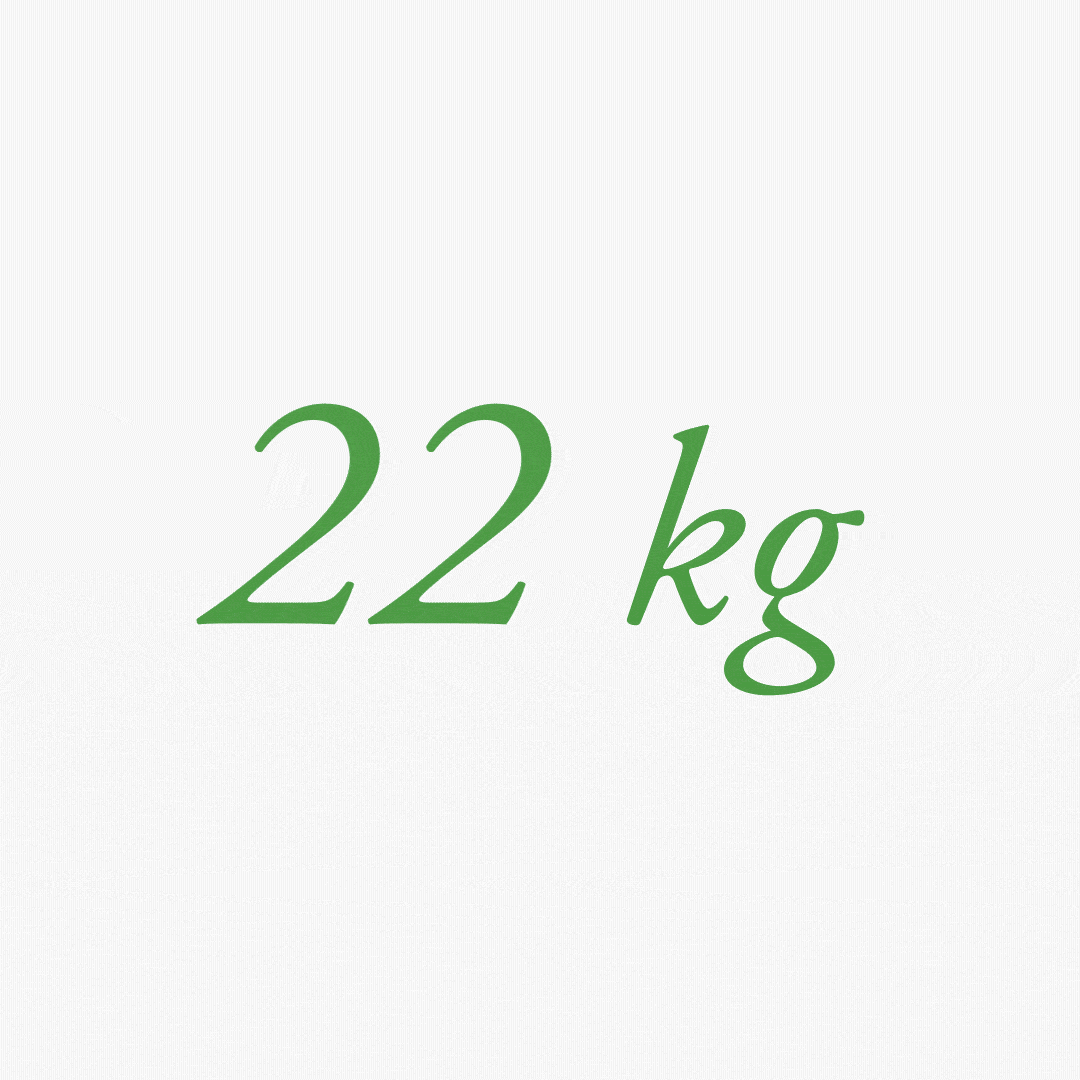Continuous decrease of CO2 emissions from Lessebo Paper
May 17, 2021

Lessebo Paper has launched their environmental declaration for year 2021, based on 2020s data, and reports a continuous decrease of CO2 emissions. The production of pulp and paper emits only 19 kg CO2 per tonne of finished product, resulting in a decrease of 14% compared to last year’s historically low CO2 figure.
As a Swedish producer of uncoated paper, Lessebo Paper is committed to developing high-performance and environmentally friendly papers and boards for international markets. In 2020, Lessebo Paper already published an environmental declaration reporting historically low CO2 emissions. The company has been producing paper since 1693, making it one of the oldest paper manufacturers in Sweden.
This year, Lessebo Paper has published an even lower figure of 19 kg CO2 per tonne of finished paper. The environmental figures of 2021 mark a progression in the company’s strong focus on the responsible management of emissions both to air and water. All figures from Lessebo Paper are accredited by an external auditor and in accordance with current standards.

“The efforts to reduce the carbon footprint at Lessebo Paper have proven to be successful and we continuously strive to further improve our environmental profile” explains Eric Sigurdsson, CEO at Lessebo Paper. Furthermore, Sigurdsson points out “We believe that the industry has a key role to play in finding sustainable solutions to today’s climate challenges and Lessebo Paper is one of the leading companies in the transition to a sustainable society”.
Earlier this spring, Lessebo Paper was awarded with Cradle to Cradle Certified® at Gold Level for the white ranges of Scandia 2000® and Lessebo Design®, the first paper products worldwide to be certified at Gold level. The Cradle to Cradle Certified standard is a globally recognised measure of safer, more sustainable products made for the circular economy. Overall, Lessebo Paper focuses on innovative graphic papers in the premium segment. Its customers are, among others, print houses, converters, designers and book publishers as well as the paper and board industry.